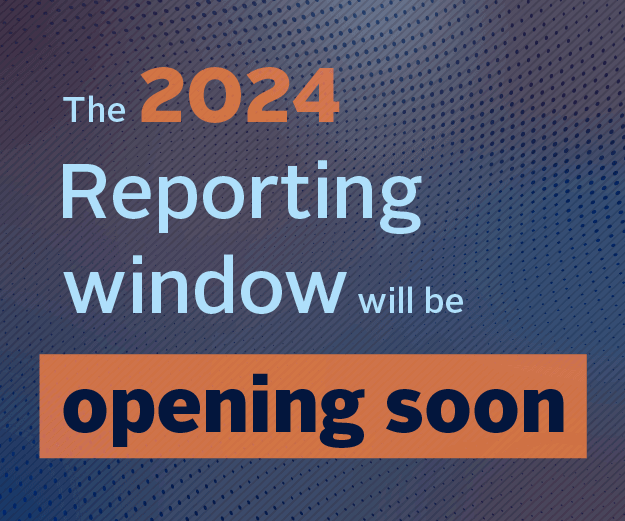In 2012, following a period of consultation with PRI signatories and the Investor Engagement Steering Committee, water risks were identified as a priority area for the PRI’s coordinated collaborative engagement programme.
This is in addition to three other environmental issues including climate change, hydraulic fracturing and palm oil. Following this process, a group of six PRI signatories came together to form a steering committee tasked with narrowing down the focus of the project with the PRI Secretariat’s support. Consisting of representatives from Aberdeen Asset Management (formerly Scottish Widows Investment Partnership), Hermes Fund Managers, MN, Nordea Asset Management, PGGM and Rockefeller & Co., the steering committee commenced its work in December 2012.
After six months of consultation with external experts, including companies, NGOs, research providers, and sustainable commodities certification organisations on water related themes, the group refined the collaborative engagement to focus on water risks in agricultural supply chains. Recognising that agriculture accounts for the majority of human water consumption globally, investors designed the research and established an engagement strategy around listed companies in the agricultural products, food, beverage, apparel, and retail sectors. These sectors were chosen due to their high exposure to water related risks in the sourcing of agricultural commodities within their supply chains.
Throughout the process it was clear to the group that agricultural supply chain water risks were highly complex and lacked recognition by the business community. Risk assessment requires innovation in order to delve into the issues. Public data, especially on individual company exposure, is scarce.
Collaboration: WWF and PwC
Through the consultation process, the World Wildlife Fund (WWF) was identified as a key expert organisation on conservation and stewardship of water resources. WWF is a world leader on water risks and their impacts on business. Additional they are recognised for their expertise on management of water resources, and for the partnerships they have in place with leading companies in the sectors being targeted by the engagement. For this project, the PRI and the steering committee established a formal collaborative partnership with WWF to share data, insights and experience. This aimed to strengthen investor understanding of risks to portfolios, and in turn, to help further WWF’s conservation agenda as it aligns with the PRI’s Principles. WWF played a key role as expert advisers to the coalition of investors, helping to refine the engagement programme plan, targets and research provider selection. They furthermore provided insights into water risk exposed crops and basins based on their Water Risk Filter. This data factored in a range of water risks across different parameters, including but not limited to water scarcity.
In addition to insights provided by WWF, the steering committee recognised the need for greater understanding on which companies in the targeted sectors were most exposed to water risks. A target universe of 78 companies in these sectors was developed by the steering committee based on the scope of company reach, investor exposure globally and market capitalisation among other factors. Following a PRI call for proposals, PwC Germany was selected to conduct research on the water risks of these companies due to its experience consulting corporate clients in this area.
Using an environmentally extended input-output model, PwC estimated water consumption in water scarce regions worldwide for each targeted company, along with some detail on risk management actions by companies using data from oekom research.
The collaboration engagement
Building on the findings from WWF and PwC, as well as inputs from other external experts, the steering committee crafted a collaborative engagement strategy targeting 54 companies from the initial universe. Through the process, an enhanced understanding was obtained on the various challenges in managing water risks for food, beverage, retail, agricultural and apparel companies. In response to these challenges, the steering committee formulated general discussion questions (‘asks’) to investee companies. These asks are seen as the starting point for investor-company dialogue. Over time, and following initial discussions with companies, it is expected they will be further tailored to individual sectors, different agricultural product sourcing structures, physical locations and other factors.
PRI-coordinated engagement on water risks in agricultural supply chains outlines these initial engagement questions and captures the results of work done by the steering committee and collaborating partners. It aims to form the basis of a PRI coordinated engagement on water risks in agricultural supply chains. More generally, this report is intended to be used by investors as a guide to understanding the issues, their financial implications and the possible approaches to dialogue with companies in the sectors covered.
Download the full report
-

Engagement on water risks in agricultural supply chains
July 2014
Water risks in agricultural supply chains
- 1
- 2Currently reading
Research background
- 3
- 4
- 5
- 6
- 7
















